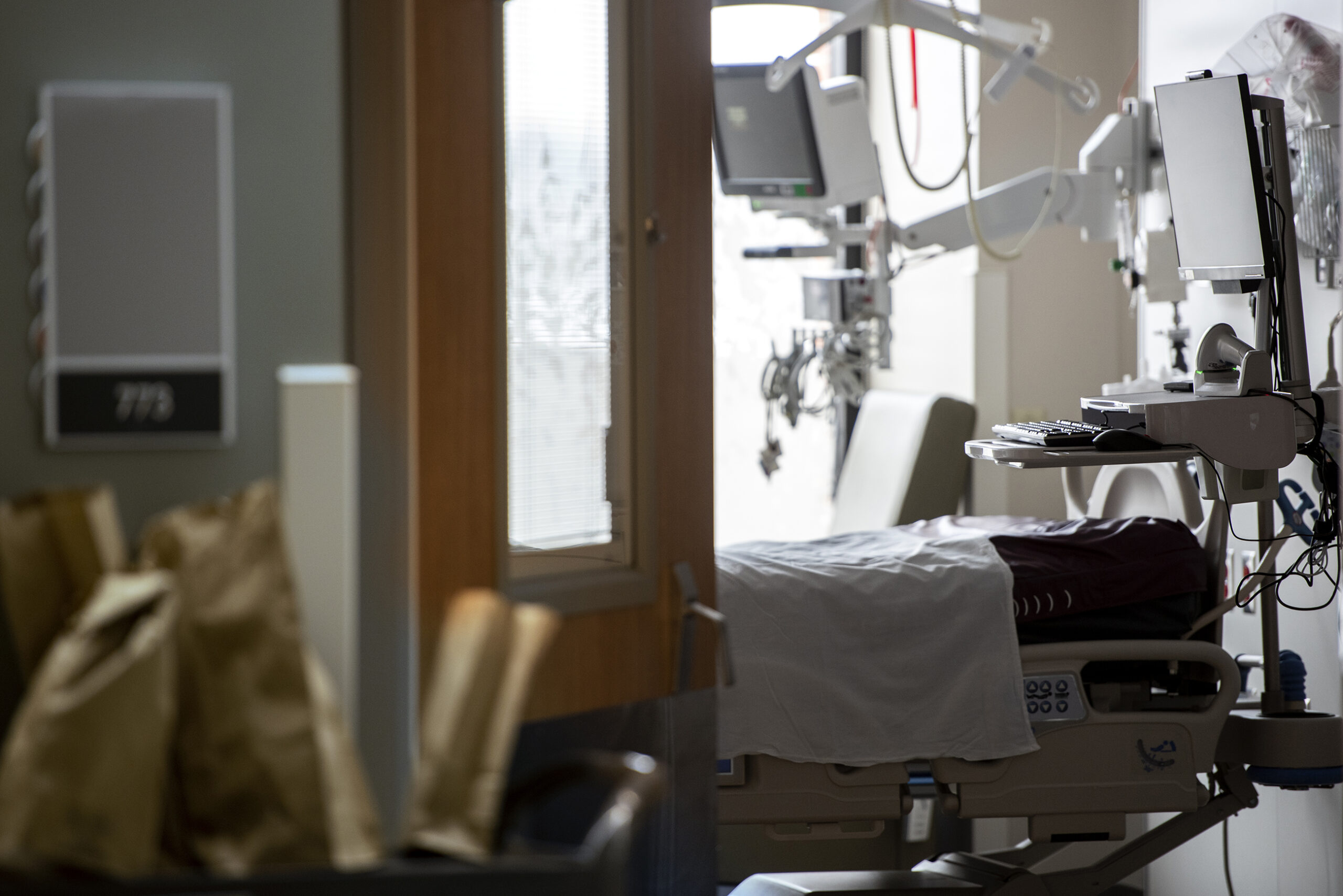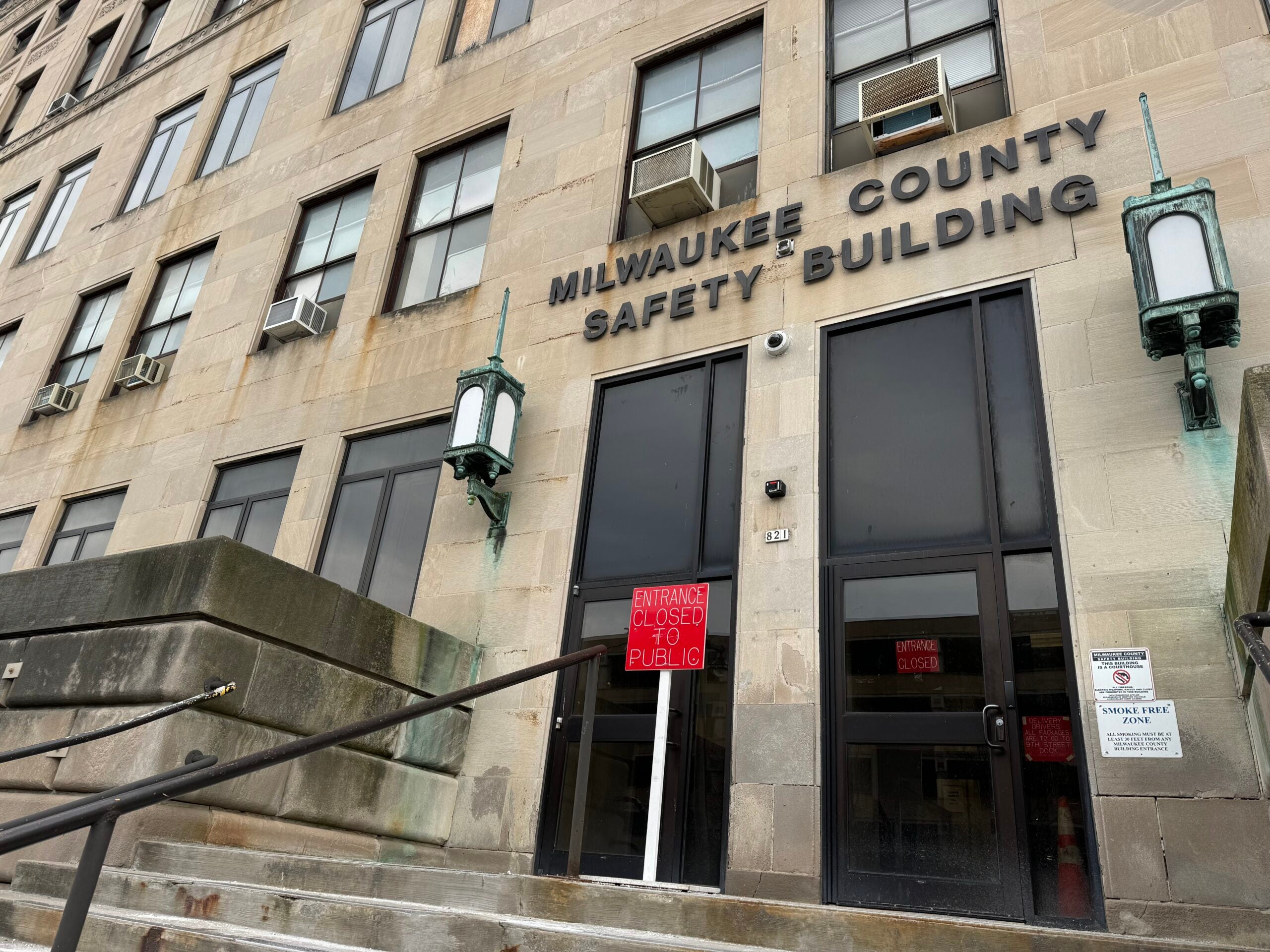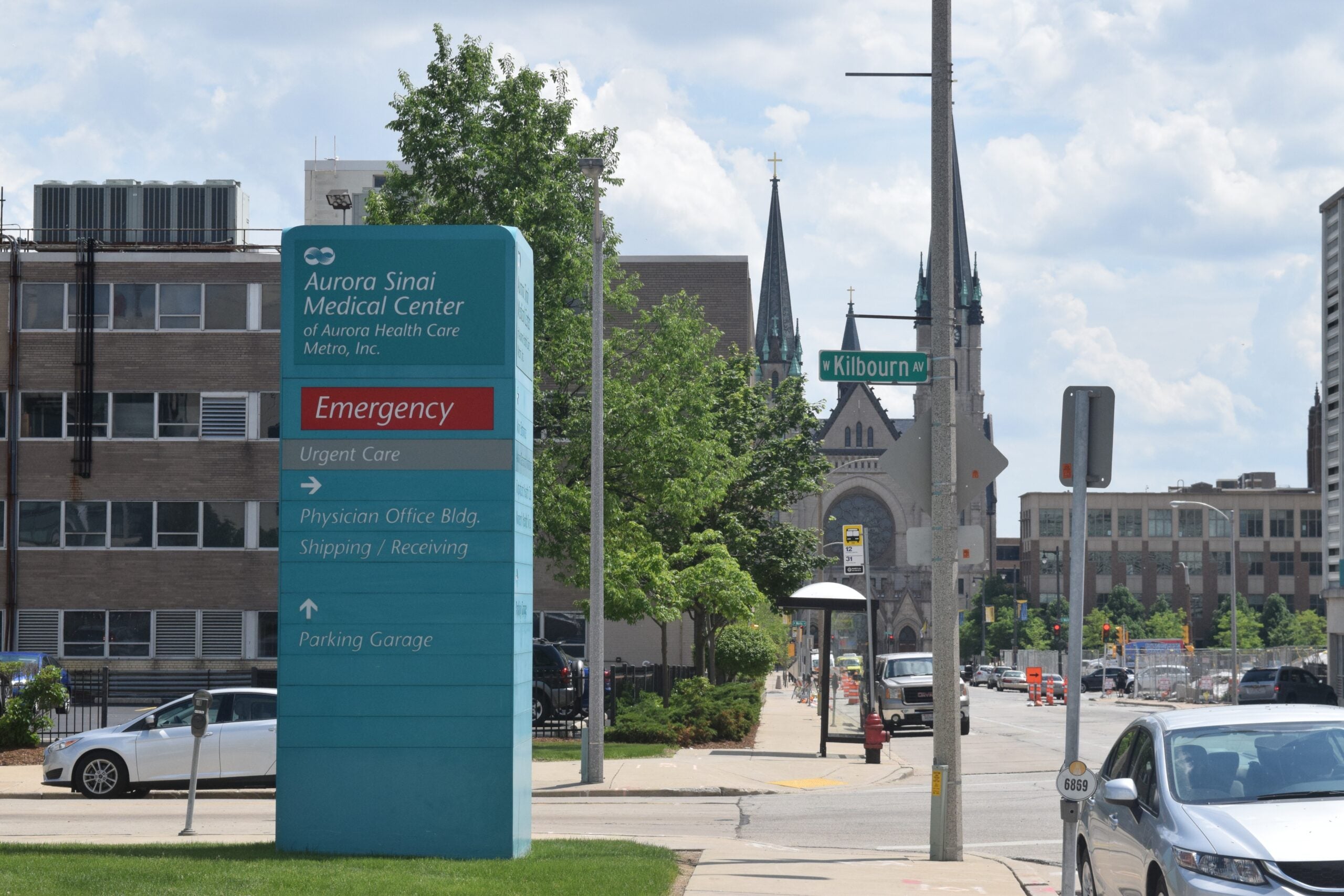Milwaukee County is partnering with a national nonprofit to eliminate more than $150 million in medical debt held by some 67,000 residents.
The Milwaukee County Board of Supervisors voted 15-2, Thursday, to send $1.53 million of its federal American Rescue Plan Act stimulus funds to the nonprofit RIP Medical Debt. In turn, the organization is promising to combine that with donations and pay off up to $153 million worth of residents’ medical debts.
County Supervisor Shawn Rolland authored the resolution approving the transfer of funds. He told colleagues the county has a goal of becoming the healthiest in Wisconsin and a major obstacle is peoples’ fear of visiting their doctors because of outstanding hospital debts.
Stay informed on the latest news
Sign up for WPR’s email newsletter.
“This would enable us to clear that debt off their books and would enable them to release themselves from the fear of seeing a medical doctor and go get that preventative care from their primary doctor so they don’t have to rely on the emergency room later on in life,” Rolland said Thursday.
He called the scale and impact of the partnership “incredible.”
RIP Medical Debt formed in 2014 with a mission to “abolish financially burdensome medical debt around the United States.” It does that by purchasing outstanding medical debts from hospitals and collection agencies in large portfolios at reduced prices. The group says it has eradicated over $8.5 billion in medical debts held by 5.5 million families.
Milwaukee residents with household incomes of up to 400 percent of the federal poverty level would qualify to have their medical debts reduced or eliminated. That works out to annual incomes of around $58,320 for a single individual and $120,000 for a family of four.
In a statement to Wisconsin Public Radio, RIP Medical President and CEO Allison Sesso said it’s hard to give a timeline on when Milwaukee County residents will see the debt relief.
“First, we need to formally contract with the county and then we need to approach local providers like hospitals to acquire their qualifying medical debt (for those individuals most financially burdened),” Sesso said in a statement.
The Milwaukee County Board’s resolution is the first step in that process.
Only two supervisors voted against the plan. Supervisor Patti Logsdon told her colleagues the debt relief would only impact about 7 percent of the county’s overall population. She said her own family has experienced medical debt, but noted patients can make minimum payments to avoid defaulting and hurting their credit scores.
“A lot of the persons that would get this medical debt paid have other credit issues via charges or whatever,” Logsdon said Thursday. “So, I don’t think it’s going to take them off their bad credit rating.”
Logsdon said there are better ways to spend the county’s COVID-19 stimulus funds.
A 2022 report from the Kaiser Family Foundation estimates 23 million Americans, or 1 in 10 adults, owed a combined $195 billion in medical debt in 2019. The analysis suggested around 11 million people owed more than $2,000 and around 3 million people had medical debts greater than $10,000.
Among racial and ethnic groups, the report said a larger share of Black adults reported having medical debt compared to white, Hispanic and Asian American adults.
Wisconsin Public Radio, © Copyright 2025, Board of Regents of the University of Wisconsin System and Wisconsin Educational Communications Board.






